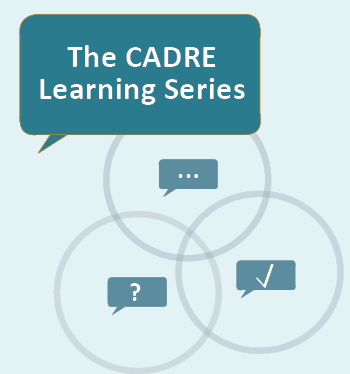Documenting Two Emerging Sociomathematical Norms for Examining Functions in Mathematics Teachers’ Online Asynchronous Discussions
This study investigated novice mathematics teachers participating in an online teacher education course focused on covariational reasoning and understanding the behavior of functions. The analysis centered on documenting the emergence of participants’ sociomathematical norms for engaging in online asynchronous discussions. In this paper, we characterized participants’ initial mathematical discourse and documented two emergent sociomathematical norms, namely explaining why and emergent shape discourse.
This study investigated novice mathematics teachers participating in an online teacher education course focused on covariational reasoning and understanding the behavior of functions. The analysis centered on documenting the emergence of participants’ sociomathematical norms for engaging in online asynchronous discussions.
